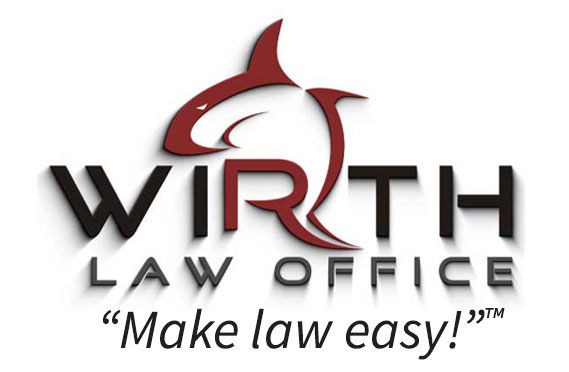A Limited Opportunity to Win Release
In Oklahoma, parole can be divided into two basic classifications: non-violent offenders and violent offenders. For a violent crime, an offender must serve 85% of their sentence before becoming eligible for parole. For non-violent crimes, the offender must serve 1/3 of their sentence before becoming eligible for parole.
Once an offender becomes eligible, a hearing is scheduled to determine the offender’s readiness to be reintegrated into society. Parole hearings are part of that process. A criminal defense attorney an help prepare a person for this important hearing.
What is Parole?
Parole is an opportunity to be reintegrated into society while still receiving support and being monitored. When granted, an inmate is released conditionally into society. The parole lasts for the remainder of the time the inmate would have spent in prison. In Oklahoma, the process is overseen by the Oklahoma Pardon and Parole Board.
Parole Hearings: Factors For Consideration
Parole hearings can roll around on a yearly basis for many inmates. If parole is denied, you might have to wait for another year to be considered. It pays to be ready and to know what to expect at the hearing.
As the date nears, a hearing notice is sent to the offender, the Oklahoma Department of Corrections, the prosecuting District Attorneys, the victim or victims of the crime and anyone else who has registered their interest in that inmate with the Pardon and Parole Board Victim’s Coordinator.
The parole process involves weighing out the threat to society of the early release against the inmate’s desire and readiness to reenter society. If there is no threat to society and the board believes that parole would be successful, then parole may be approved. There are a number of factors that the board will look at in preparation for the hearing.
Before the hearing, the board will examine the inmate’s criminal record including the crime itself and the inmate’s record and behavior while in prison.
The parole hearing allows the board to consider evidence that may not be in the reports they have reviewed. Either the inmate or someone appointed to speak on behalf of the inmate may speak. The allotted time is short, two minutes. So, the speaker must be concise.
The board will also want to know what plans the inmate has in place if released. Residence, employment, completion of a GED if appropriate, are all issues that the board may consider. Okla. Stat. tit. 57§§ 332.7, 332.8.
In addition, the board may ask how the inmate feels about the crime, the impact upon the victim, and whether the inmate feels remorse. On the other side of the equation, the victim may submit a victim impact statement. The District Attorney may give testimony as well.
The Board wants to know if an inmate has fully addressed this part of their life and is ready to be re-assimilated into society.
An attorney can both help the offender prepare for the hearing and speak on behalf of the inmate at the hearing. A parole hearings attorney knows how to use those two minutes wisely.
If the board grants parole, it will attach conditions for a parolee’s release. There are standard conditions given to every parolee. In addition, the Parole Board may set any other conditions it deems appropriate and necessary. It is important that the inmate adhere to all conditions imposed.
Possible Board Decisions
The Pardon and Parole Board may grant or deny parole for a non-violent offender. If the crime was violent, the Board may recommend parole for violent offenders to the Governor who must approve the parole.
Initial Strategy Session With a Wagoner Parole Hearings Attorney
For a low-cost consultation with a Wagoner Parole Hearings Attorney call the Wagoner criminal defense lawyer at Wirth Law Office – Wagoner at (918) 485-0335 (or toll free at (888) Wirth-Law). Or, as always, you may ask us your legal question using the form at the top right of this page.







